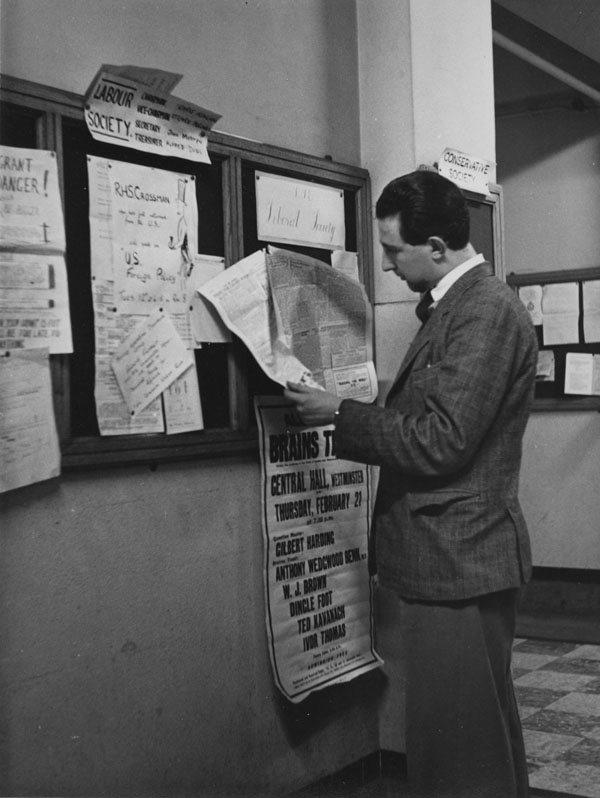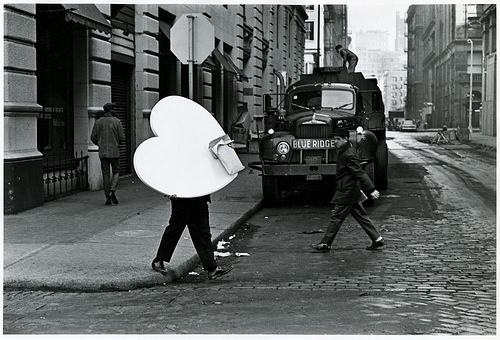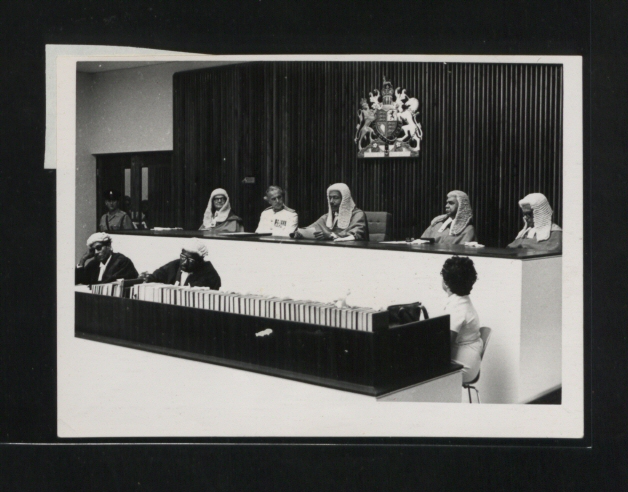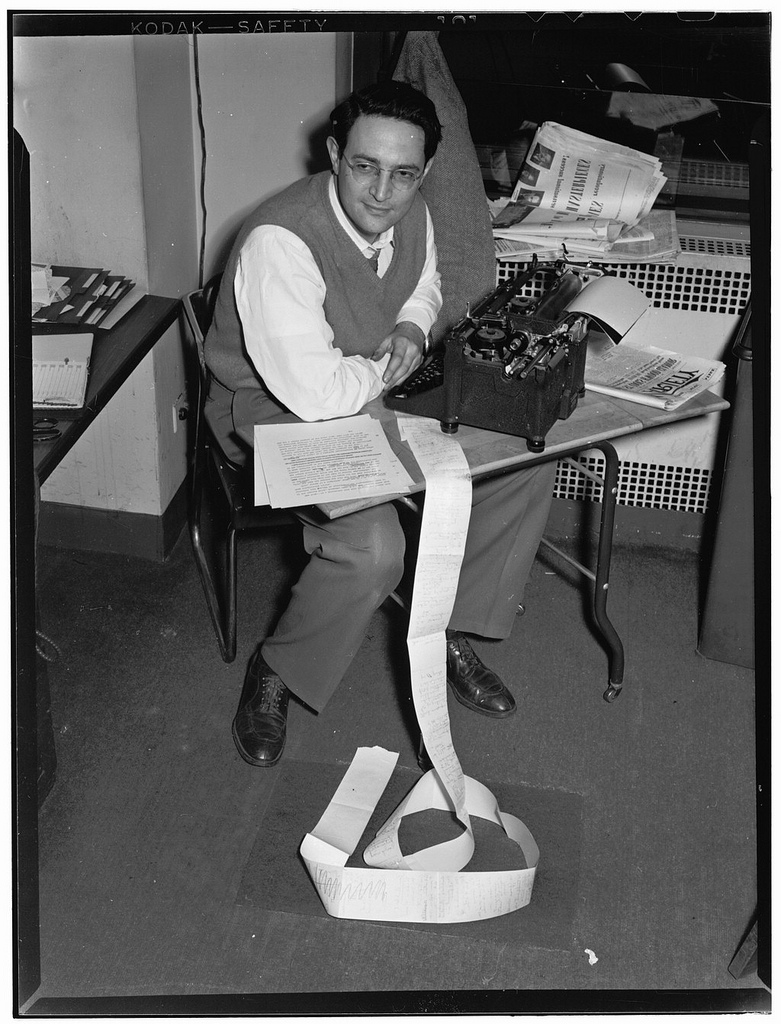 Three years ago at the Hyper WM unconference a press officer kicked off a heated debate with bloggers by claiming that he didn't see the point in talking to them. Three years on he's just signed-up a blogger to his press release distribution list. So, has his personal views changed? Errr, not exactly...
Three years ago at the Hyper WM unconference a press officer kicked off a heated debate with bloggers by claiming that he didn't see the point in talking to them. Three years on he's just signed-up a blogger to his press release distribution list. So, has his personal views changed? Errr, not exactly...
by Mark Allen
A few years ago I went to an unconference in Walsall and was met by some very closed minded bloggers – very dismissive of traditional media.
Just lately, bloggers and other non-journalists who have been posting comments in the media spotlight.
I'm so glad that a Tory Lord is looking to prosecute some of those people. It is time social media played by the rules the rest of us have to - I thought I would put forward my point of view.
Other delegates at the unconference seemed shocked that I said I would always give print and traditional media like radio, and TV more priority if I was on deadline for a number of outlets and had an number of enquiries to answer.
To me it is a no-brainer. In my experience bloggers are the the online version of jazz musicians.
I was struck by how many people – mostly local bloggers – seemed to write off the newspaper and local radio industries their online partners as yesterday’s news. It is obvious they have never tried to get a message out to a large group of people.
 We've read a stack of posts these past 12-months. Some are helpful, some are interesting and some are fun. But some are important, and here's one of them.
We've read a stack of posts these past 12-months. Some are helpful, some are interesting and some are fun. But some are important, and here's one of them.



















